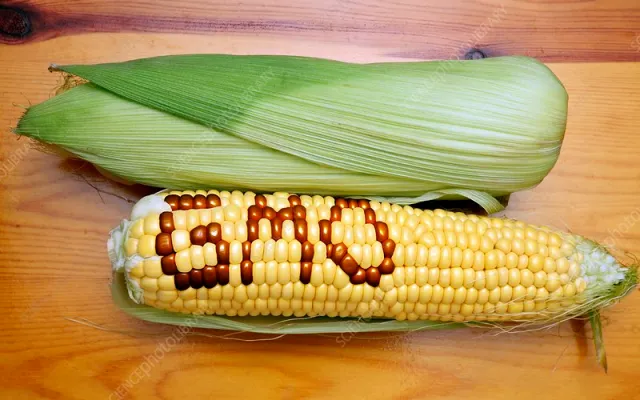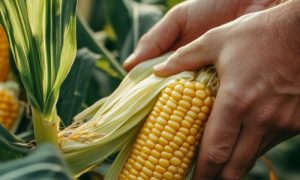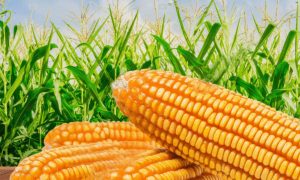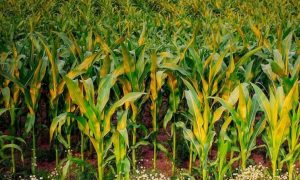Kenya ready to introduce new GMO crops in market

Kenya gears up for more genetically modified (GM) crops amid legal delays, per National Biosafety Authority. Bt Maize and modified cassava await final evaluation before release. Conference highlights biosafety importance. 42 products cleared for development. Cabinet Secretary stresses readiness for biotech pending legal clearance. Kenya’s pioneering role in biosafety underscored. Challenges include GMO misinformation, low awareness. Public education urged for accelerated adoption and food security.
Kenya is poised to roll out more genetically modified (GM) crops, but ongoing court cases are delaying the process, according to a senior National Biosafety Authority official.
Chief executive Roy Mugiira revealed that the authority has approved the environmental release of Bt Maize, which is resistant to maize stem borer pests, and genetically modified cassava, which is resistant to the Cassava Brown Streak Virus.
“Both crops are in the final stages of variety evaluation before commercialisation,” he disclosed at the 12th annual national biosafety conference in Naivasha.
The four-day conference, themed “Modern Biotechnologies and Biosafety in the Bottom-Up Economic Transformation Agenda,” serves as a national platform for promoting public awareness and education on the role of modern biotechnology and biosafety.
Modified maize
Mugira said genetically modified maize and cassava have gone through all the required tests and are ready to be released to farmers, adding that the only step remaining is the registration of these varieties, after which they will be made available to farmers.
A GM crop contains genetic material that is not naturally found in the plant, to better protect against disease for example. While farmers have widely adopted them in some countries like the United States, critics say their safety for human health and the environment is unproven.
According to Mugiira, 42 products have been approved and are at different stages of development and regulatory clearance. This includes a variety of crops and biotechnological innovations aimed at improving agricultural yields and resilience. The progress of these products is being closely monitored, and they will be rolled out in phases once all regulatory and legal hurdles are cleared.
Cabinet Secretary for Agriculture and Livestock Development Mithika Linturi, whose speech was read by Collins Marangu, Director of the Plant Protection and Food Safety Directorate, emphasised Kenya’s readiness to adopt genetically engineered crops to enhance agricultural productivity, pending legal clearances.
Kenya was indeed the first country to sign the Cartagena Protocol on Biosafety in the year 2000 and ratified it in the year 2003. This Protocol which is part of the global Convention on Biological Diversity (CBD) provides a framework for the utilisation of biotechnology while also recognizing the potential risks that may be posed by new technologies.
The signing and ratification of the Protocol by the government is a firm confirmation and commitment to the global governance of modern biotechnology.
Further, it is an expression of the country’s aspiration to become a key participant in the global biotechnology enterprise.
“While we appreciate the strides made by the Authority, we are also cognizant of challenges faced by the regulator among them misinformation on GMOs coupled with low levels of biosafety awareness in the country which has contributed to negative perceptions of the technology,” said Linturi.
Public education
He added: “I therefore urge the NBA Board and Management to enhance its programme on public education and awareness on biosafety to address this shortcoming to facilitate accelerated adoption of safe technologies and contribute to food security.”
According to him, the low levels of public education and awareness of modern biotechnology have led to fear and apprehension arising from misinformation and disinformation about the technology.
This has further resulted in long-drawn litigations against Government decisions to lift the ban on the importation and consumption of genetically modified foods.
Source Link : https://www.pd.co.ke/business/kenya-ready-to-introduce-new-gmo-crops-in-market-237000/

















